ISO 22000:2018, Food safety management systems – Requirements for any Organisation in the food chain.
This standard provides a framework of internationally harmonized requirements for the global approach that is needed to ensure food safety. The standard has been developed within ISO by experts from the food industry, along with representatives of specialized international organisations and in close cooperation with the Codex Alimentarius Commission, the body jointly established by the United Nations’ Food and Agriculture Organisation (FAO) and World Health Organisation (WHO) to develop food standards.
A major resulting benefit is that ISO 22000 will make it easier for organisations worldwide to implement the Codex HACCP (Hazard Analysis and Critical Control Point) system for food hygiene in a harmonized way, which does not vary with the country or food product concerned.
Food reaches consumers via supply chains that may link many different types of organisation and that may stretch across multiple borders. One weak link can result in unsafe food that is dangerous to health, and when this happens, the hazards to consumers can be serious and the cost to food chain suppliers considerable. As food safety hazards can enter the food chain at any stage, adequate control throughout is essential. Food safety is a joint responsibility of all the sections within the food chain and requires their combined efforts.
ISO 22000 is therefore designed to allow all types of organisation within the food chain to implement a food safety management system. These range from feed producers, primary producers, food manufacturers, transport and storage operators and subcontractors to retail and food service outlets, together with related organisations such as producers of equipment, packaging material, cleaning agents, additives and ingredients.
The standard has become necessary because of the significant increase of illnesses caused by infected food in both developed and developing countries. In addition to the health hazards, food-borne illnesses can give rise to considerable economic costs covering medical treatment, absence from work, insurance payments and legal compensation.
As a result, a number of countries have developed national standards for the supply of safe food and individual companies and groupings in the food sector have developed their own standards or programmes for auditing their suppliers. The plethora of more than 20 different such schemes worldwide generates risks of uneven levels of food safety, confusion over requirements, and increased cost and complication for suppliers that find themselves obliged to conform to multiple programmes.
ISO 22000, backed by international consensus, harmonizes the requirements for systematically managing safety in food supply chains and offers a unique solution for good practice on a worldwide basis. In addition, food safety management systems that conform to ISO 22000 can be certified – which answers the growing demand in the food sector for the certification of suppliers, although the standard can be implemented without certification of conformity, solely for the benefits it provides.
Developed with the participation of food sector experts, ISO 22000 incorporates the principles of HACCP, and covers the requirements of key standards developed by various global food retailer syndicates, in a single document.
"Public sector participation in the development of the ISO 22000 family is also significant, The FAO/WHO’s Codex Alimentarius Commission, which is responsible for the well-known HACCP (Hazard Analysis and Critical Control Point) system for food hygiene, played a major part in the development of the standard. Thanks to the strong partnership between ISO and Codex, ISO 22000 will facilitate the implementation of HACCP and the food hygiene principles developed by this pre-eminent body in this field."
Another benefit of ISO 22000 is that it extends the successful management system approach of the ISO 9001:2015 quality management system standard which is widely implemented in all sectors but does not itself specifically address food safety. The development of ISO 22000 was based on the assumption that the most effective food safety systems are designed, operated and continually improved within the framework of a structured management system, and incorporated into the overall management activities of the Organisation.
While ISO 22000 can be implemented on its own, it is designed to be fully compatible with ISO 9001:2015 and companies already certified to ISO 9001 will find it easy to extend this to certification to ISO 22000.
Contact ACM today and we will start you on the right path to the ISO Certification process.
ISO 22000:2005 is the first in a family of standards that includes the following documents:
- ISO/TS 22004, Food safety management systems – Guidance on the application of ISO 22000:2018, which provides important guidance that can assist organisations including small and medium-sized enterprises around the world.
- ISO/TS 22003, Food safety management systems – Requirements for bodies providing audit and certification of food safety management systems, will give harmonized guidance for the accreditation (approval) of ISO 22000 certification bodies and define the rules for auditing a food safety management system as conforming to the standard.
- ISO 22005, Traceability in the feed and food chain – General principles and guidance for system design and development.

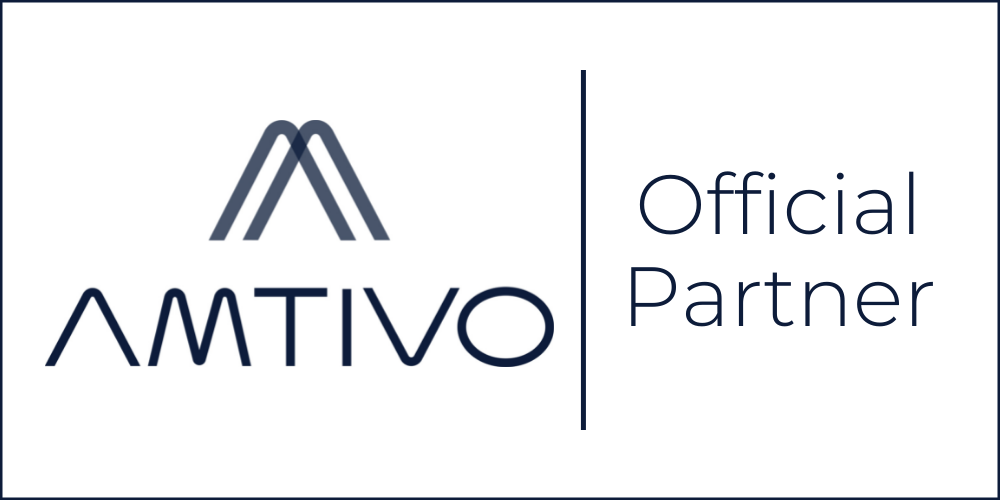



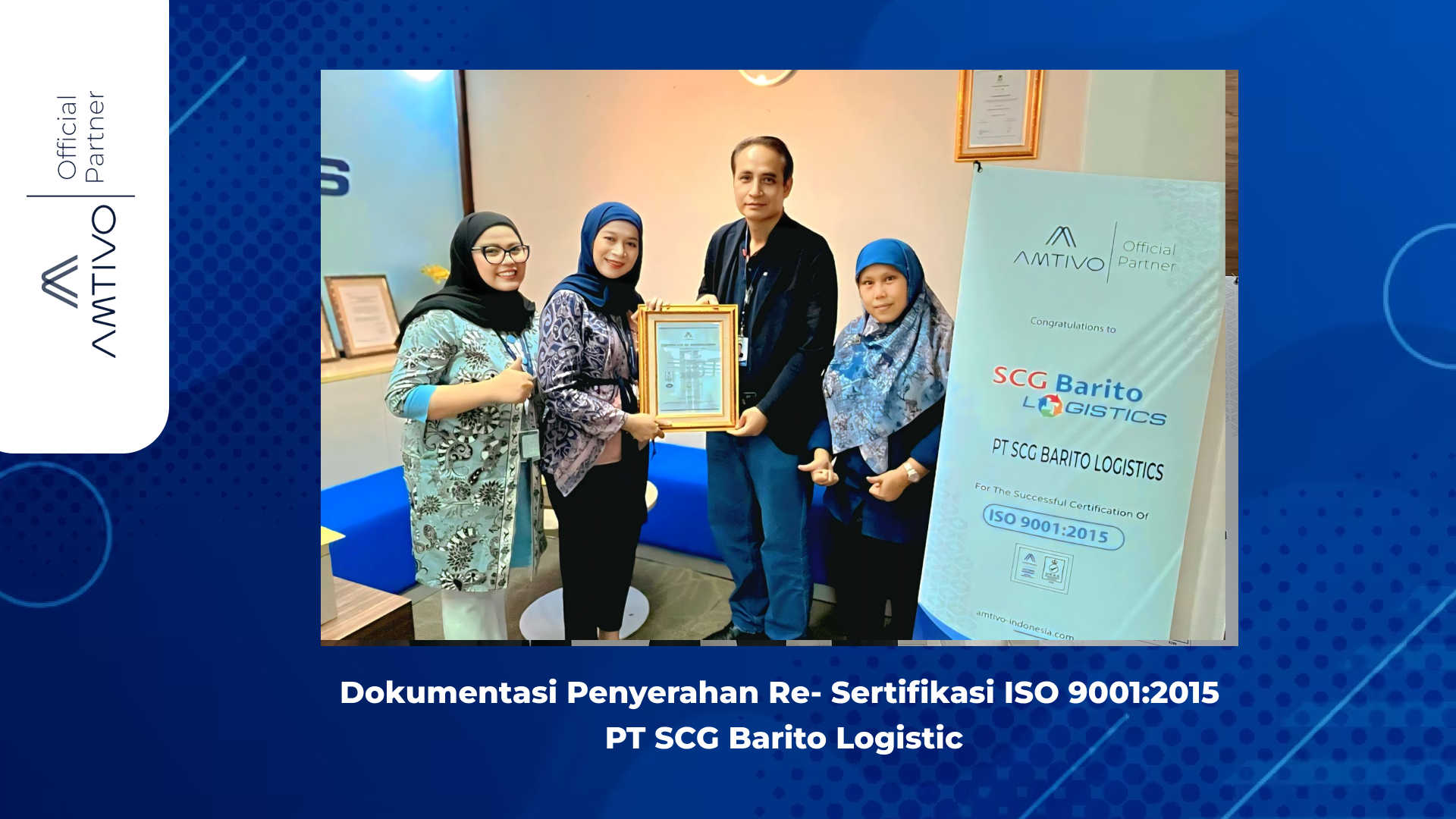
.jpg)
.jpg)
.jpg)
.jpg)
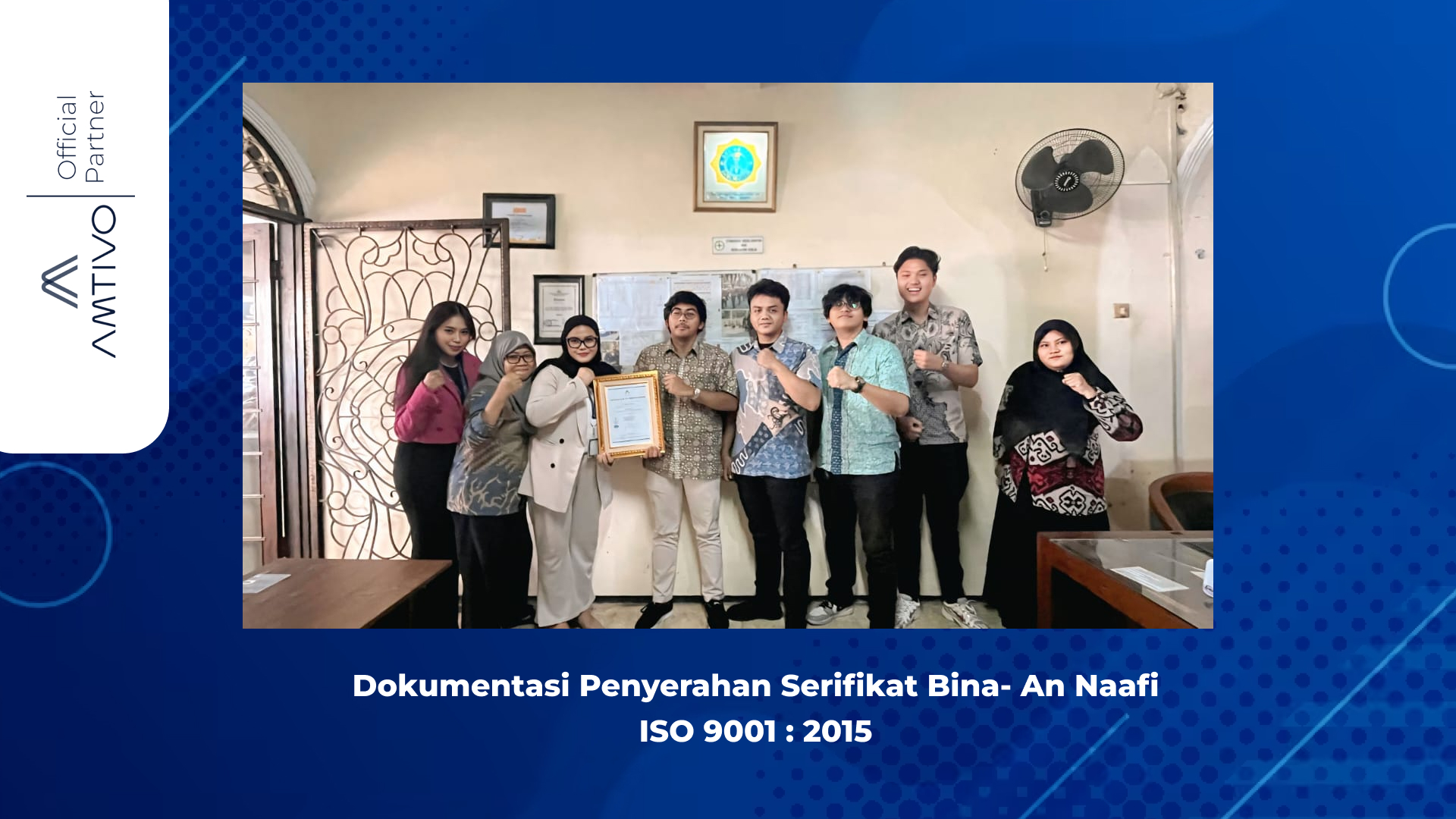
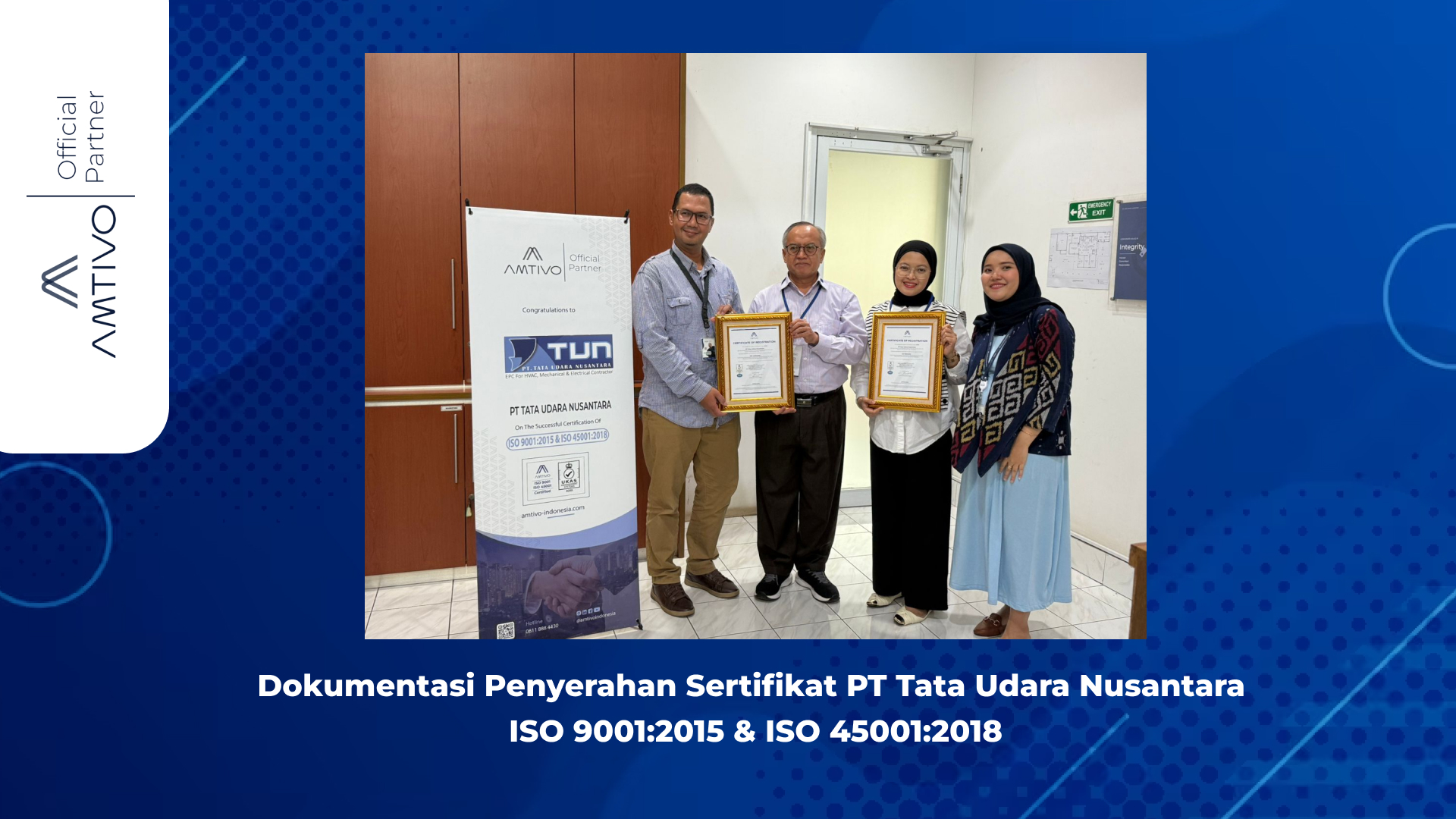
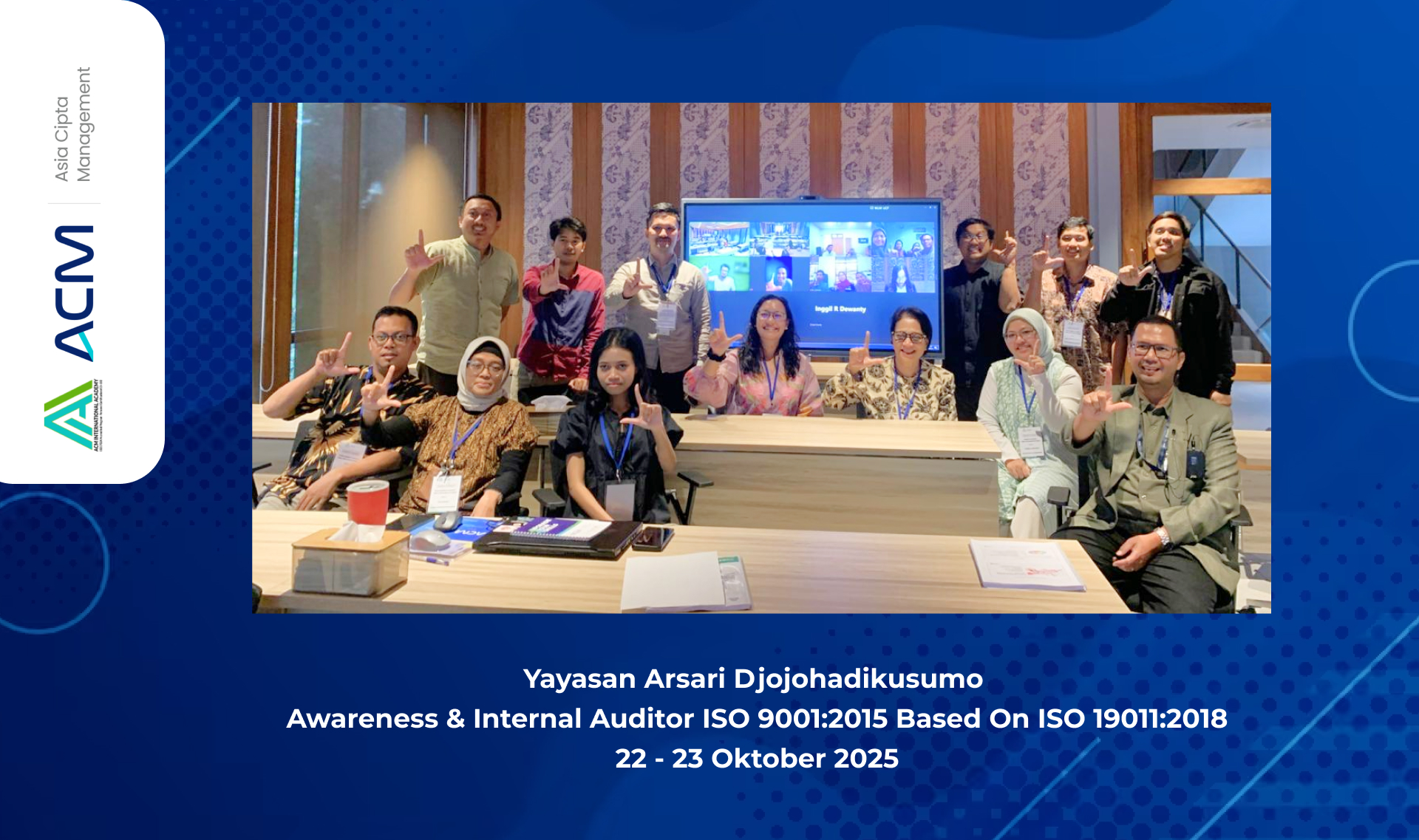
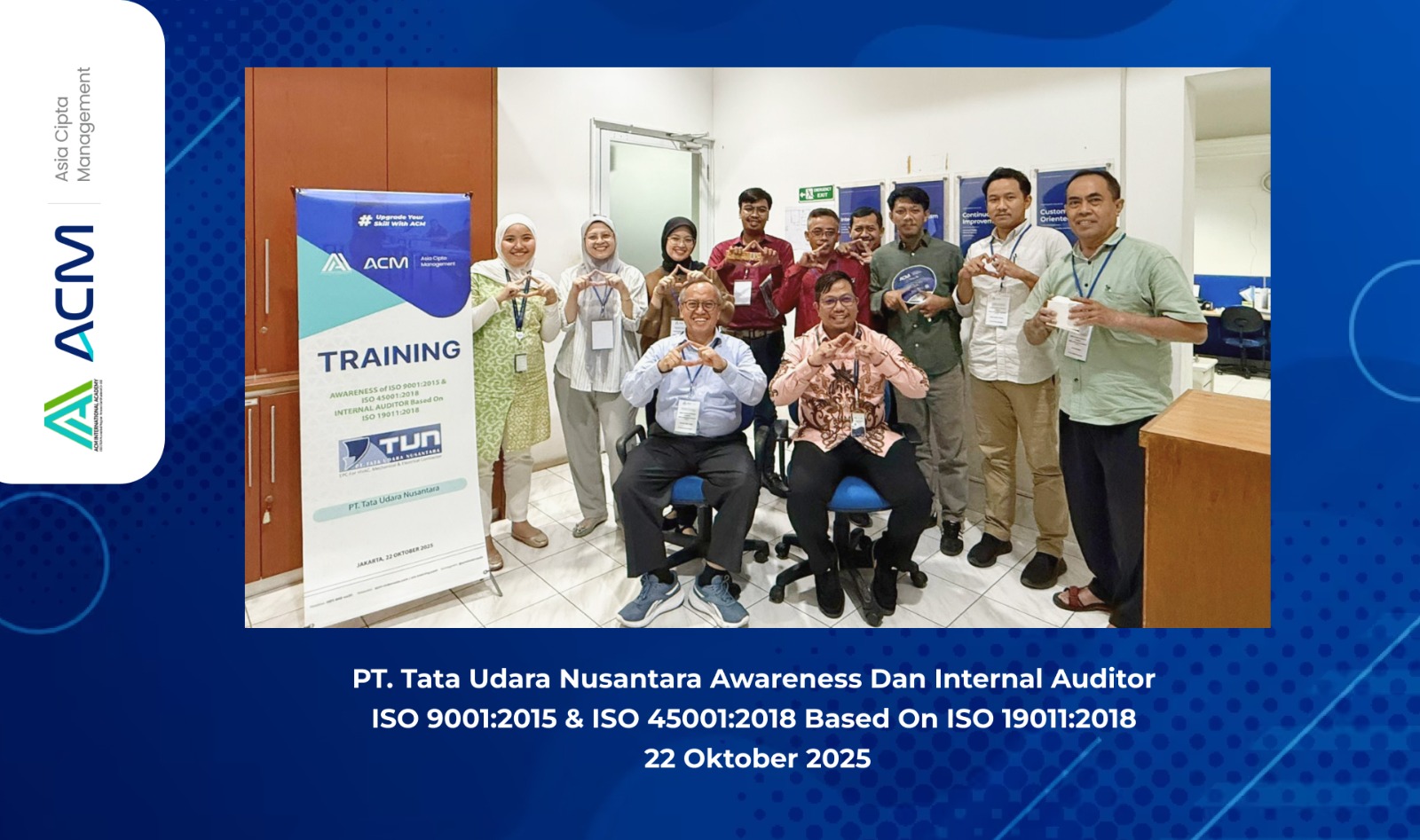
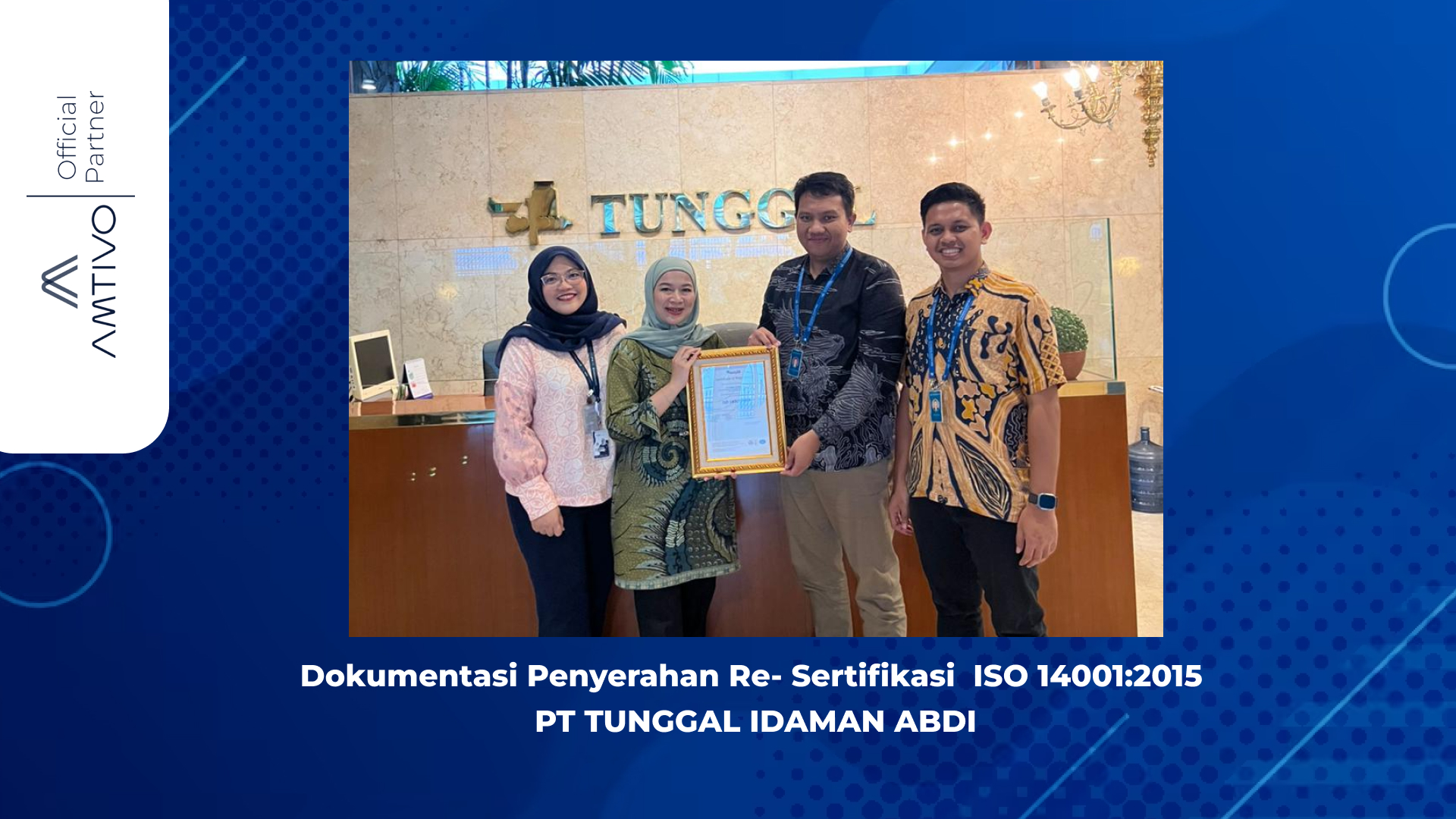

.jpg)
.jpg)
.jpg)

